Argo and Baraye portray Iranians as zealots, deny them political agency
By Xavier Villar
A couple of weeks ago, on February 6, the Grammy music awards took place in Los Angeles. This year, the Grammy, the equivalent of the Oscar in the music industry, had a new category: best song for social change.
Jil Biden, the first lady of the US, took the stage to hand over the award for the song Baraye, known in the West as “the anthem of recent protests in Iran”.
The image of Jil Biden on the stage of the Crypto.com Arena reminded us of Michelle Obama, also on stage but in 2013, giving the Oscar to Argo as the best movie of that year.
The differences between these two cultural products, Argo and Baraye, are clear. Argo is a movie that tries and fails, to tell us what happened in 1979 in Iran.
To do that, the movie presents the Islamic Revolution and its aftermath as savage, terrifying and unorganized. Iranians are shown as nothing but a faceless mass of religious zealots, a background to emphasises the heroic character of the “hero”, a role played by Ben Affleck.
The idea is to confront the individual character of the West, the idea of an individual with free will and freedom from religious constraints. Against this idea, Iranians in the film are either a faceless enraged mob, a horde, or sympathetic to the West.
The latter is the classical representation of Iranians qua Muslims created by centuries of Orientalism: Savages, barbarians and ignorant.
Argo also has a securitarian dimension that we can’t overlook. This securitarian view became the normative lens through which the West sees Islam and Muslims. This lens has a particular grammar, the language of terrorism and extremism.
Every political articulation in the name of Islam is reduced to the language of threat or ally, hardliner or moderate.
From a narrative point of view, we can say that in the movie the political will of the Iranians is completely absent. The political causes behind the Revolution were never mentioned either.
For example, we can’t find a single mention of the brutality of the West-backed Pahlavi regime, the extensive use of torture, or the activities of the SAVAK. It looks as if the Revolution was a fundamentalist reaction against modernity, a desire to go back to the religious cave.
On the other hand, Baraye doesn’t belong to that pervasive securitarian paradigm. It’s an emotional song that apparently talks about the “hopes and emotions” of the people.
Apparently, we can’t compare these two cultural products, Arego and Baraye, aside from the “superficial” episode of two first ladies on a stage awarding two products that have Iran as the center of their narrative.
But this difficulty to connect both products can be solved if we pay attention to how they de-politicize Iranians and the Islamic Republic.
The political gets erased in both products. In Argo, we have the Islamic Republic as the “other” of the West, a threat to the common order. In Baraye, on the other hand, we have the closure of the political as well, but this time wrapped in sentimentalism.
The closure of the political means that the song tries to represent the totality of the political space as liberal. It closes the political because it occupies the whole space, not leaving room for anything else. And this totality is expressed in the vernacular language of liberalism, the so-called Westernesse.
The song is a song of the quotidian. But this quotidianity is a liberal one. Any other form of quotidianity, any alternative being-in-the-world is impossible within this political closure.
The song sings to that normative way of being in the world, to a hegemonic being. But neither love nor other emotions or desires are universal. And if today we see them as such we have to understand that the status of universality was achieved thanks to the tools of imperialism and colonialism.
Baraye follows a Western vision of the world but tries to disguise it behind a language of care and kindness. But as we just saw, this language sees the world as one founded upon the grammar of liberalism, a grammar that set the rules of the game.
But this is a game where the liberal team is at the same time referee and one of the teams on the pitch. They play and they set the rules of the game. In fact, there is just one team on the pitch.
That’s the closure of political. Just one team occupying everything and playing against itself. No other team, and no other rules. And if another team shows up, uninvited, they’ll be disqualified.
The illusion of consensus and unanimity - under liberalism - as well as the calls for a non-political approach to the social, should be recognized as being fatal for a plural understanding of the world and must be abandoned.
The song Baraye follows that model of consensus. A consensus or an aspirational horizon based on one set of rules, one single grammar. The song and the movie share that same aspirational horizon, a horizon that despite its many attempts to present itself as universal is nothing but part of a particular tradition.
That tradition, or that aspirational horizon, is not, as we just said, final or stable. It’s a contingent moment, a moment that became itself only after the expulsion of different traditions. This is the closure of the political works. But the political cannot be contained.
This absurd idea, that a contingent moment can be fixed forever, is a myth. A non-political myth. This is a dangerous myth because behind the alleged consensus lurks the threat of violence. The War on Terror, for example, exemplifies all of the above.
All the attempts to re-articulate the liberal myth are violent attempts. And the Islamic Republic has been suffering from this violence since its creation in 1979.
The violence that seeks to push the Islamic Republic to become a non-political, non-confrontational body. In other words, this violence seeks to convert the Islamic Republic into “Iran”, erasing any traces of an alternative grammar, in this particular case an Islamicate one.
The song and the movie, Argo and Baraye, share the same discursive elements and the same ideological points, but in two different, yet complementary, moments: Iranians-as-zealots and Iranians-as-desiring individuals.
You are a zealot if you follow any alternative political rule and you can only be a desiring being if you follow the liberal rule.
We can agree, then, with Joseph Massad when he says that Muslim liberals and liberalism in Muslimistan have been a principal enemy of social, political and economic justice across the region during the last half-century.
To claim otherwise would be to ignore their criminal record and remain oblivious to the horrific reality they helped engender.
Xavier Villar is Ph.D. in Islamic studies and researcher who divides his time between Spain and Iran.
(The views expressed in this article are the author's own and do not necessarily reflect those of Press TV.)
US war on Iran burns past $1bn in early days, with total projected to exceed $95bn
US officials warn of challenges posed by Iranian drones
'We warned repeatedly about the limit to our patience': Hezbollah leader
IRGC announces 'blinding' US, Israel's eye in region; vows harsher retaliation coming
Iraqi resistance leader urges Americans to ‘reclaim’ country from Israeli ‘puppet Trump
Iran blasts US-Israeli use of autonomous killer systems against civilians as 'war crime'
US-Israeli aggression left Tehran with no choice but to defend Itself: President Pezeshkian
Iran urges immediate intl. action against US attacks on schools



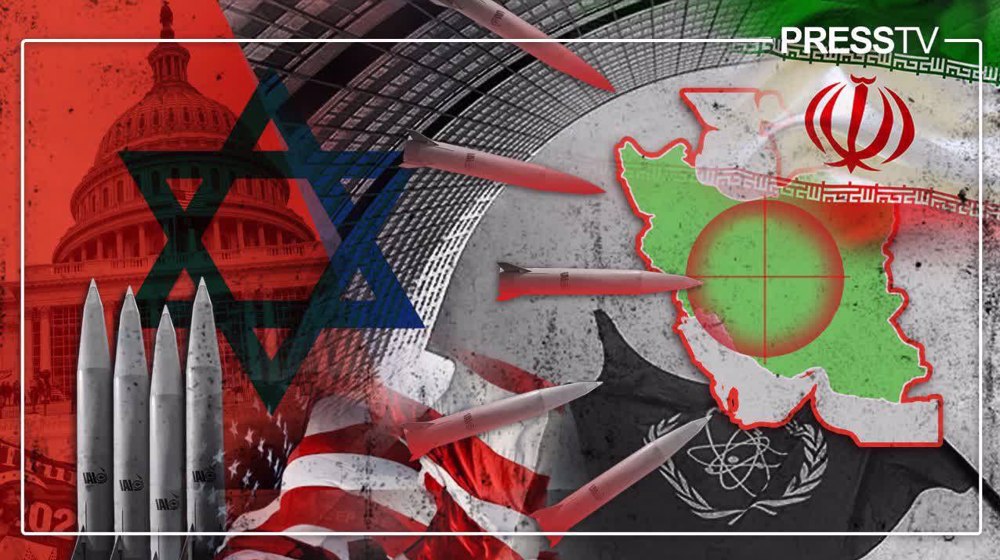

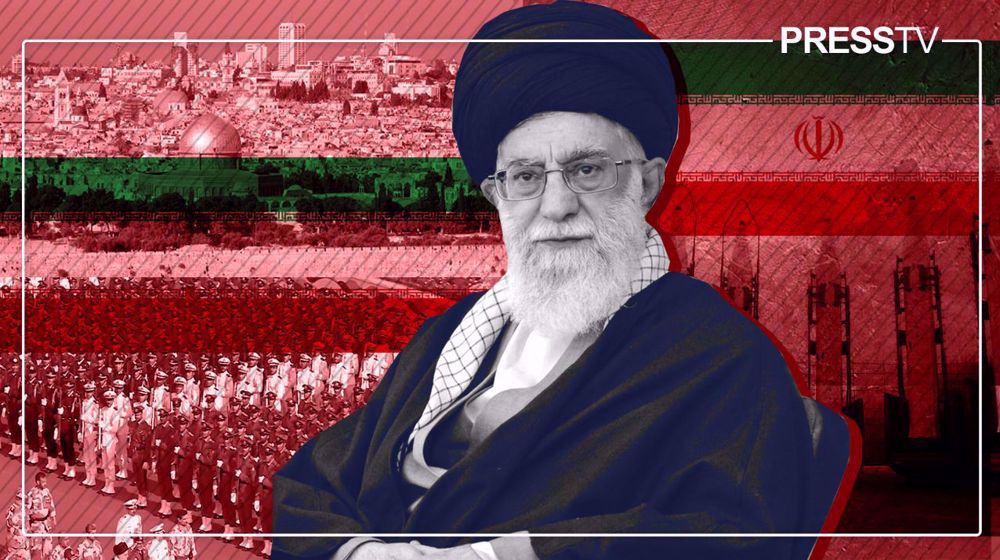



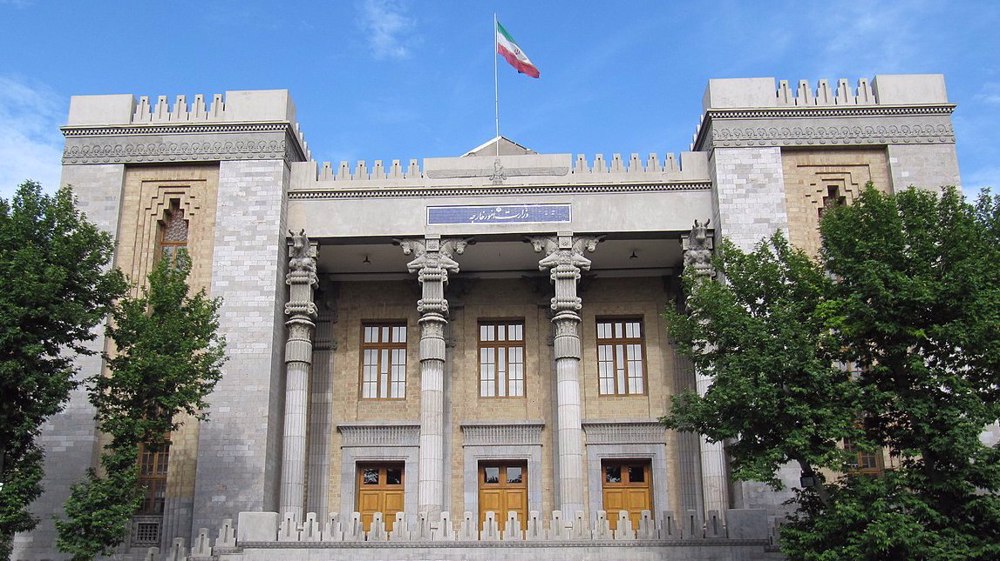
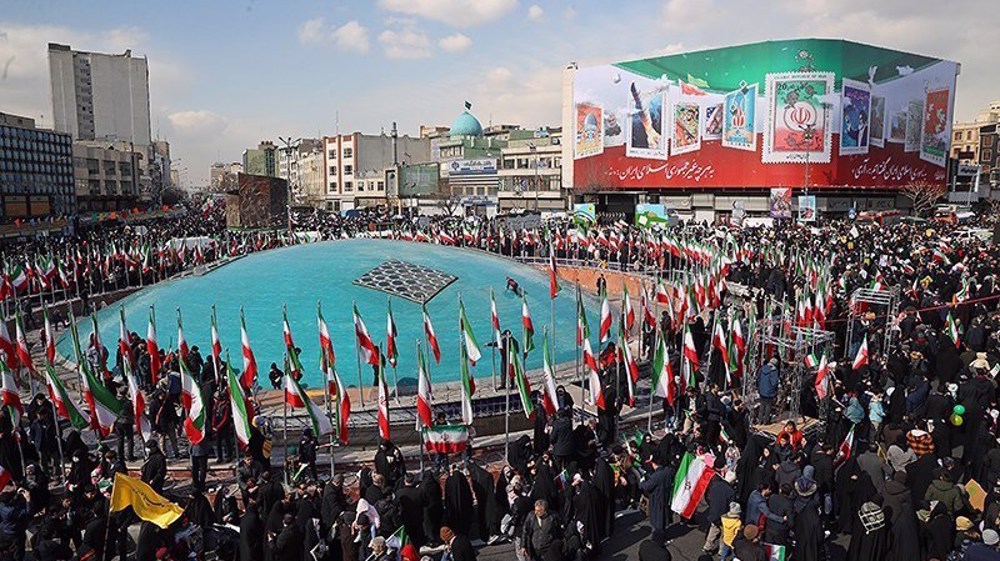
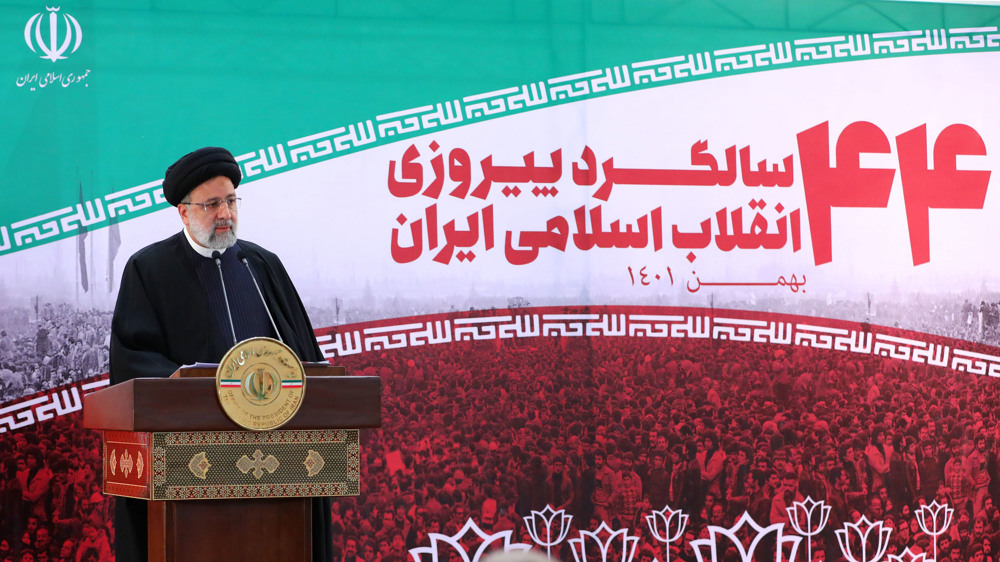
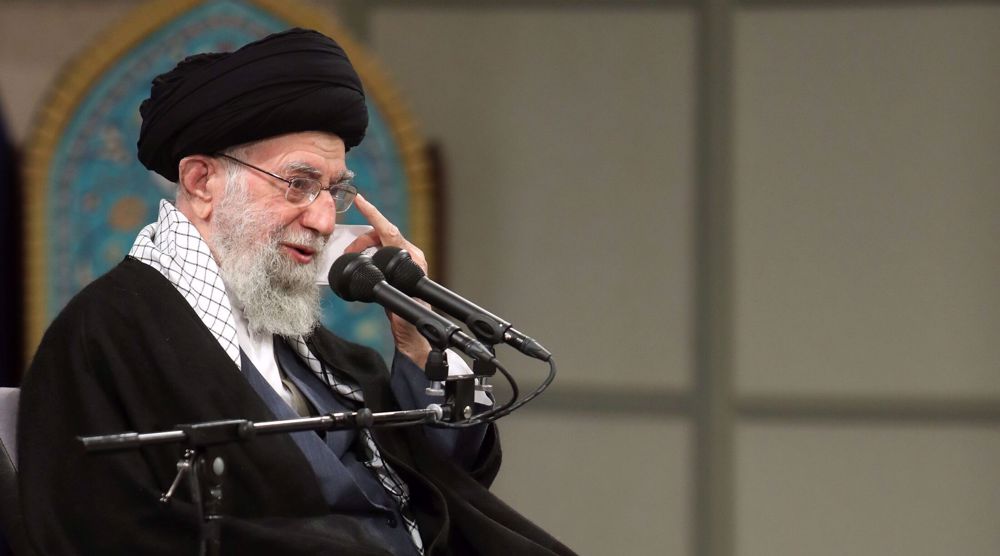
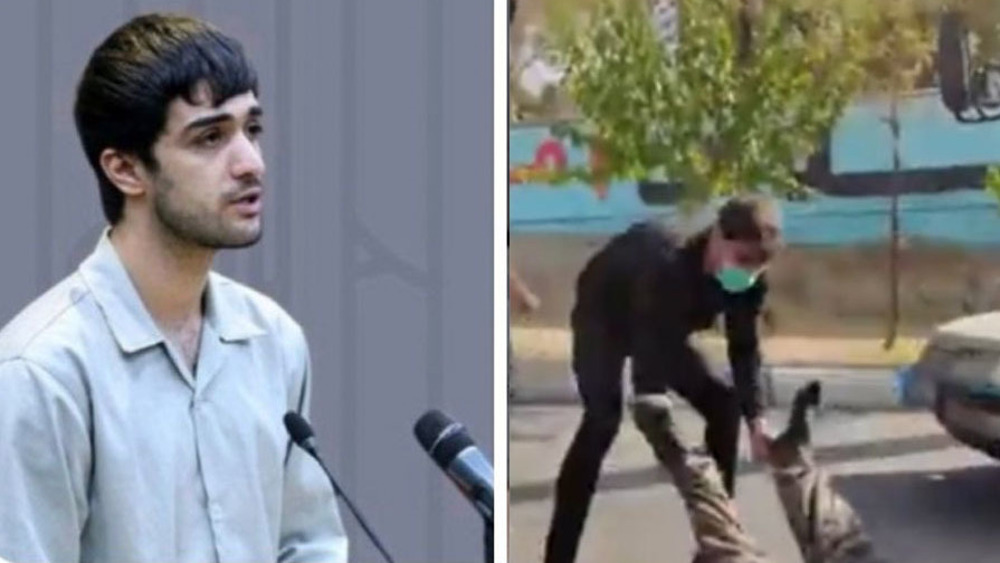

 This makes it easy to access the Press TV website
This makes it easy to access the Press TV website